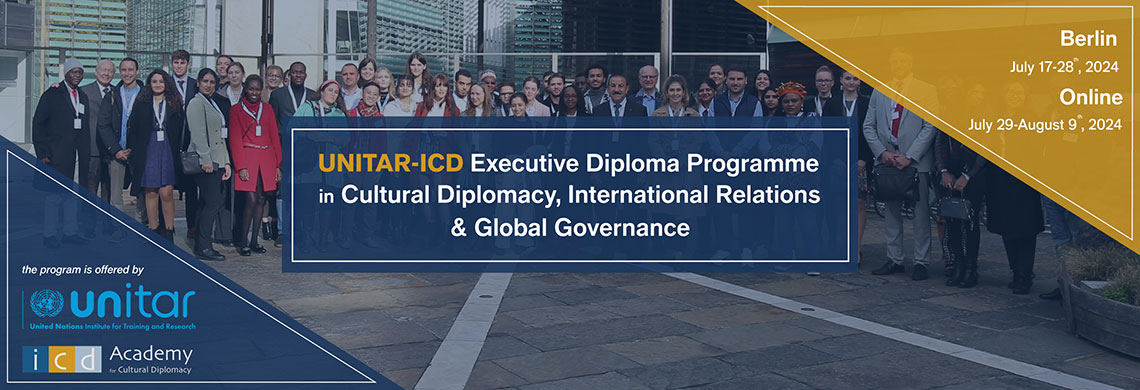The Ljubljana Human Rights Summit 2012
"The Syria Crisis and the Responsibility to Protect: An Interdisciplinary Analysis of the Challenges in Securing an International Consensus"

Introduction
In the last 18 months the world has witnessed a daily execution of innocent men, women and children in Syria. The crisis in Syria, which is now labeled as a civil war, is testament to the fact that the ability to protect, at the international level, is non-existent. The continual current outcry of the Syrian population throughout this crisis has proved the failure to create a concerted and agreed resolution to act and highlighted the urgent need for the UN to develop an ?Enforcement Mechanism? to uphold ?the UN Convention on the Prevention and Punishment of the Crime of Genocide? (www.un-genocide-convention.org ).The convention was first adopted at the United Nations General Assembly on December 9th, 1948 and went into effect on January 12th, 1951. It was the first convention to give a name to an act that shaped the Second World War, and openly confronted the Twentieth Century with its absolute horror. In addition it laid the groundwork for the definition of the crime of genocide by creating a legal framework to guide the work of its prevention through the mechanism of international law. Following the ratification of the Convention, the world was supposed to be, in theory, a world free from genocide.
The lack of an ?Enforcement Mechanism? of the convention, however, enabled the current situation where the international community cannot fully provide protection in cases of mass atrocities, ethnic cleansing and eventually genocide. Therefore, as a direct result, instances of genocide and man?s inhumanity to man have continued to occur and the world has witnessed a direct increase in a significant number of atrocities being committed such as in Bosnia & Herzegovina, Rwanda, Darfur and now Syria.
Whilst the international community has developed mechanisms for prosecuting the perpetrators of genocide, there remains little evidence that it is able to prevent such acts from happening again. The upmost priority however, before punishing previous offenders of the crime, is to prevent acts of genocide and other atrocities from being committed in the first place.
The Ljubljana Human Rights Summit 2012, therefore, will explore the challenges in securing an international consensus and the responsibility to protect. The 2012 Summit will create and publish a proposal document that will be presented to world leaders and the international community on how to overcome the challenges in securing an international consensus, in order to offer security to the citizens of the world and to reestablish their right to be protected.
- An Analysis of the Challenges in Securing International Consensus and the Ability to Protect
- The ?Convention on the Prevention and Punishment of the Crime of Genocide": the Enforcement of the Convention
- The Role and Responsibilities of Global Governance Institutions to Contribute to World Peace
- Empowering Civil Society Organizations:G iving NGO?s a Full Role by Funding Organizations to Keep the Peace
Summit Participants »
Participation in the Summit is open to governmental & diplomatic officials, academics & scholars, economists, journalists, artists, civil society practitioners, private sector representatives, young professionals and students as well as other interested individuals from across the world.If you would like to reserve a position and participate in the Summit, please click on the "Apply Now" link below and fill out the online application form:































































